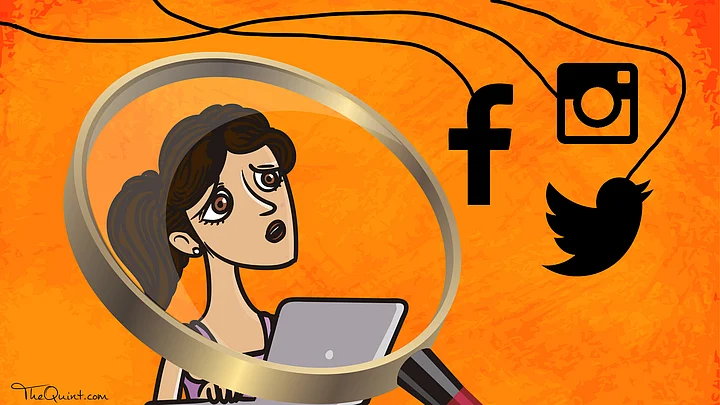In an era where there are wide, varied, social and cultural norms and more so in a country like ours which prides itself on its diversity, privacy is one of the most important rights to be protected both against State and non-State actors and be recognized as a fundamental right.Supreme Court on Right To Privacy
In a historic judgment on the right to privacy, the Supreme Court made remarkable observations on the role of technology in our lives. Considering that we live in the internet age, the SC emphasised how important it is becoming to protect individuals’ privacy.
SC on Surveillance By the State
The SC refers to Edward Snowden’s shocking revelation to the world about the true extent of global surveillance. But the Court also pointed out the legitimate need for surveillance by the State due to “increasing global terrorist attacks” and heightened “public safety concerns”. It pointed out that a particular surveillance technique adopted by States is “profiling”. Profiling helps the State gather personal data like a person’s performance at work, their economic situation, health, personal preferences, movements, etc. About this, the SC said:
Such profiling can result in discrimination based on religion, ethnicity and caste. However, ‘profiling’ can also be used to further public interest and for the benefit of national security.Supreme Court
Clearly, the SC endorses the need for surveillance to ensure national security but at the same time, is cognisant of the potential to gravely misuse it.
The security environment, not only in our country, but throughout the world makes the safety of persons and the State a matter to be balanced against this right to privacy.Supreme Court
What of Surveillance by Non-State Actors?
The capacity of non-State actors to invade the home and privacy has also been enhanced. Technological development has facilitated journalism that is more intrusive than ever before.Supreme Court
Journalists too dig out personal and professional details of alleged ‘wrong-doers’. So after this judgment, do journalists need to be cautious? It reminds one of Shashi Tharoor’s defamation case filed against Republic TV in the Delhi High Court. The court ordered Republic TV to respect Tharoor’s silence in the case of his wife Sunanda Pushkar's death.
We live in a world where individuals are constantly online, talking to each other on the phone, or tweeting or updating their social media. We are constantly generating valuable data which can be used by “non-State actors” to track our “moves, choices and preferences”. This is the age of ‘big data’, says the Apex Court. So of course, a large number of people would prefer to keep information like their search histories private – but that is rarely the case. Rather, all this information is “collected, sold and analysed” for specific ends like ‘targeted advertising,’ says the Court.
There is an unprecedented need for regulation regarding the extent to which such information can be stored, processed and used by non-state actors. There is also a need for protection of such information from the State.
Justice Sanjay Kishan Kaul concludes his judgment by saying:
It was rightly expressed on behalf of the petitioners that technology has made it possible to enter a citizen’s house without knocking at his/her door and this is equally possible both by the State and non-State actors. It is an individual’s choice as to who enters his house, how he lives and in what relationship. The privacy of the home must protect the family, marriage, procreation and sexual orientation which are all important aspects of dignity.Supreme Court on Right to Privacy
Taking a jibe at State and non-State actors, Justice Kaul says that “If the individual permits someone to enter the house, it does not mean that others can enter the house”.
A Handle on Stopping Intrusions
So how will this judgment will help us protect our personal databases? Can we drag State and non-State actors who violate privacy to Court? Yes, but each case will be dealt with individually, taking into account the interplay between privacy and other fundamental rights.
While we can’t deny that technology is enabling more and more encroachment into our privacy, the Supreme Court judgment nevertheless gives us a handle on stopping unwarranted intrusions, whether by State or non-State actors.
But the question remains, how many of us would be willing to take our fight for the right to privacy all the way to court?
